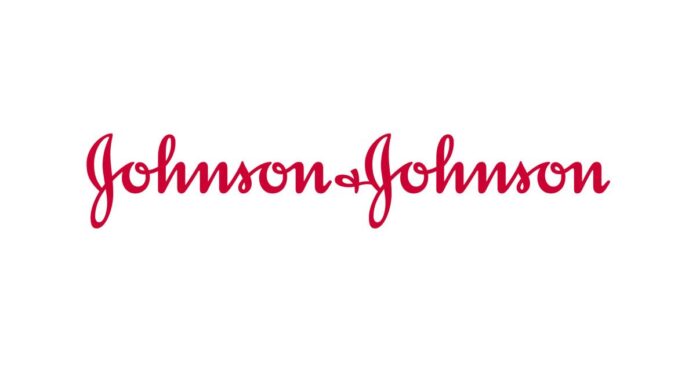NEW BRUNSWICK, N.J.– Johnson & Johnson (NYSE: JNJ) announced today that it has entered into a definitive agreement to acquire Proteologix, Inc., a privately-held biotechnology company focused on bispecific antibodies for immune-mediated diseases, for $850 million in cash, with potential for an additional milestone payment.
Proteologix’s portfolio includes PX128, a bispecific antibody targeting IL-13 plus TSLP, which is ready to enter phase 1 development for moderate to severe atopic dermatitis (AD) and moderate to severe asthma, and PX130, a bispecific antibody targeting IL-13 plus IL-22, which is in preclinical development for moderate to severe AD. Since AD and asthma are both heterogeneous diseases with different disease-driving pathways in distinct patient subpopulations, targeting multiple pathways offers the potential to deliver high-bar efficacy and remission.
PX128 inhibits IL-13-mediated Th2 skin inflammation, an important disease-driving pathway in AD and asthma, as well as TSLP, a mediator of tissue inflammation in AD and asthma. Like PX128, PX130 inhibits IL-13-mediated Th2 skin inflammation. PX130 also inhibits IL-22 to restore the skin barrier and prevent inflammation from environmental triggers, such as allergens. Both assets are designed for infrequent dosing intervals, which offers convenience patients prefer. Together, these pipeline additions demonstrate a strategic approach to build a portfolio of differentiated and complementary bispecifics.
“Atopic dermatitis is the most common inflammatory skin disease, impacting more than 100 million adults worldwide,” said David Lee, Global Immunology Therapeutic Area Head, Johnson & Johnson Innovative Medicine. “About 70% of patients using existing standard of care therapies do not reach remission1. Current advanced therapies for AD either target a single pathway and have limited efficacy or are more broadly immunosuppressive, resulting in significant safety concerns. We see an opportunity for best-in-disease efficacy for both PX128 and PX130 as each bispecific antibody targets two different combinations of disease driving pathways that are mediating the skin inflammation in heterogenous subpopulations of AD patients.”
In addition to PX128 and PX130, the acquisition will provide J&J with other bispecific antibody programs with applications across a variety of other diseases, which further boosts the Company’s capabilities to create novel bispecific programs.
“Integrating Proteologix bispecific antibodies into our pipeline is an important first step in fulfilling our commitment to people living with AD,” said Candice Long, Worldwide Vice President, Immunology, Johnson & Johnson. “We plan to continue expanding our reach and impact for people living with a wide variety of immune-mediated diseases, leveraging more targeted options for them to reach durable, symptom-free remission.”






